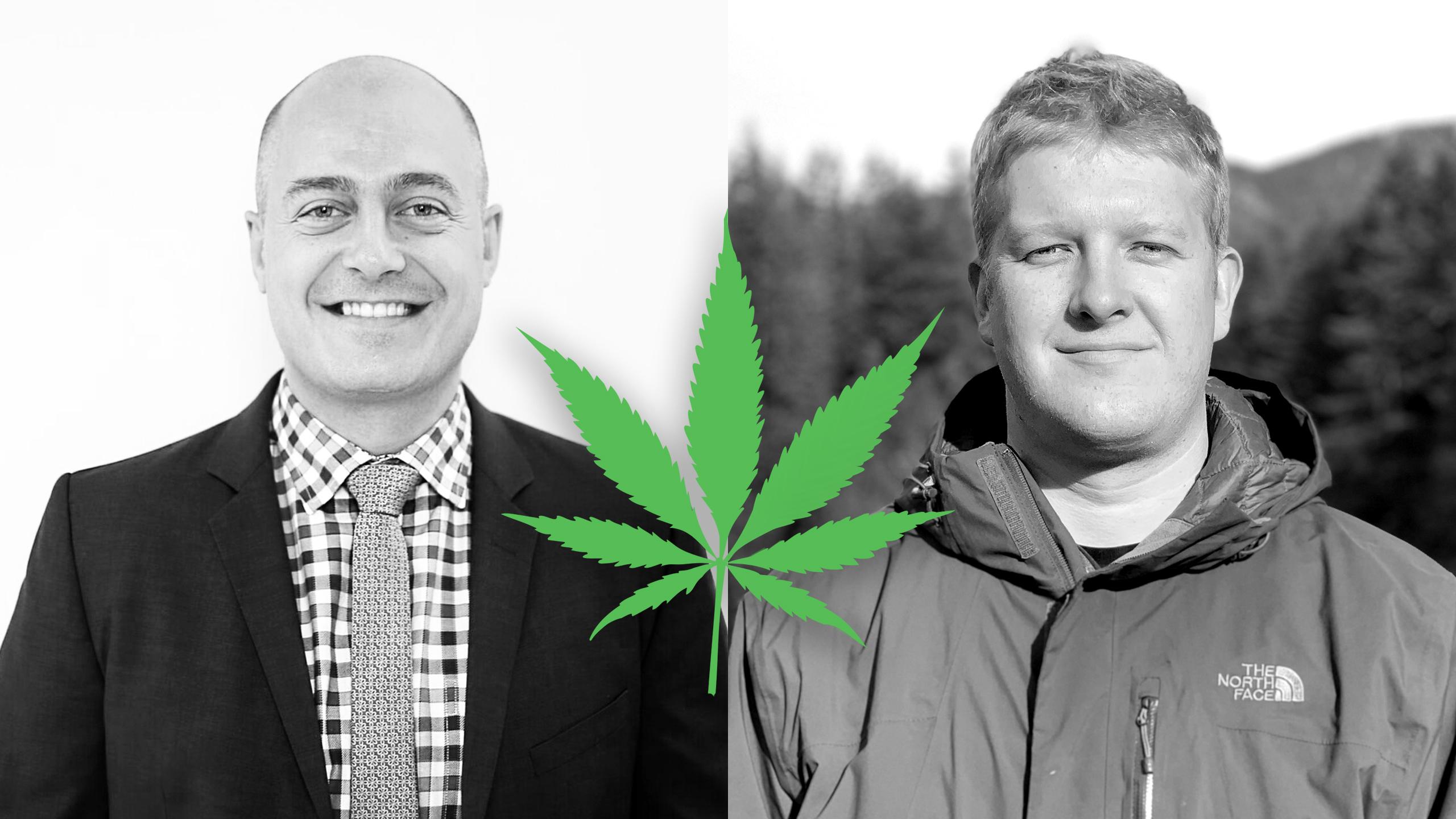By Julia Mastroianni
When Justin Kosalka’s parents both became sick while he was completing his master’s degree in chemistry at Ryerson University, Kosalka started looking into ways to help. His research led him to the medical benefits of cannabis, but he didn’t just stop there. Within the year, Kosalka had helped found Beleave Kannabis Corp, a cannabis producer and distributor.
But this was in 2013, meaning there weren’t many companies the team could look to in figuring out how to build their business model. It took four years for Beleave Kannabis Corp to obtain their Health Canada license to grow medical cannabis.
“There were simple guidelines [for obtaining a license] but no one had really done this before, so we were all just kind of going in blind,” Kosalka said. “Health Canada would say, ‘You have to do x,’ but they wouldn’t tell you how to do it, just that you had to accomplish it.”
Peter Wojewnik, who earned his MBA at Ryerson, currently works at Dicentra, a consulting business that also specializes in cannabis consulting. Wojewnik said the company has been working with Health Canada for over a decade, and that many of their staff are former Health Canada employees, all of which have been helpful when it comes to providing cannabis consulting services for clients.
Even with those connections, Wojewnik said they’ve still faced challenges in helping new companies obtain their licenses, particularly when it comes to previous criminal offences and approval from various municipalities.
“If you know how to grow, there is a lot of opportunity out there”
“It doesn’t matter whether it’s retail, or you’re growing, or you’re making oils, the local municipality needs to indicate that they’re OK with you performing those particular activities at that specific address,” Wojewnik said.
When members of a new company have previous criminal offences on their record, Wojewnik said it theoretically shouldn’t be a problem if the charges are cannabis-related. “Health Canada understands that there is a black/grey market in this industry and they want to encourage those people to come over to the legalized side.”
For companies who have been successful in obtaining a license, they may face a new problem—high demand and not enough land. “Honestly, I can’t grow enough weed fast enough,” Kosalka said.
Beleave is in the process of buying more land for growing in London, Ont., Chilliwack, B.C. and an extension to their current site in Hamilton, and Kosalka said they’re working on implementing a co-op with Ryerson students. Beleave has previously collaborated with Ryerson researchers on extraction of cannabinoid chemical compounds from plant tissue.
The company currently distributes directly to stores in Ontario, Manitoba and British Columbia, but Kosalka said once they can start to grow more, that may expand further.
Wojewnik believes that not all companies will be so lucky. “It seems like a really exciting thing, but it is a very volatile industry,” he said, comparing where Canada is at right now with cannabis to the beer industry.
“You had prohibition and then all of a sudden alcohol is allowed, so everyone is going to jump on the opportunity. But eventually what you now have is huge conglomerate companies that control 90 per cent of the marketplace and provide a product that is extremely difficult to compete with unless you’re making something that is very unique,” Wojewnik explained.
“What I’m referring to is the craft product; I think that’s going to be the way to go to distinguish yourself in this market,” he said. He suggested making a product that, “tastes different and provides a real way of distinguishing itself from a branding perspective.
More than that, however, Wojewnik recommends getting into the growing side of the industry. “If you know how to grow, there is a lot of opportunity out there,” he said. “If you talk to some cannabis recruiting companies, it is only a matter of time before you get hired by a large player that will pay you anything from $80,000 to $120,000.”










PAMELA mccoll
Here is what Health Canada says on in their document on this issue:
The courts in Canada have ruled that the federal government must provide reasonable access to a legal source of marijuana for medical purposes.
The legal sources of cannabis for medical purposes are licensed producers, personal production and designated production. A complete list of licensed cultivators, processors and sellers can be found on the Health Canada website.
Cannabis is not an approved therapeutic product and the provision of this information should not be interpreted as an endorsement of the use of cannabis for therapeutic purposes, or of marijuana generally, by Health Canada.
When the product should not be used
Cannabis should not be used if you:
are under the age of 25
are allergic to any cannabinoid or to smoke
have serious liver, kidney, heart or lung disease
have a personal or family history of serious mental disorders such as schizophrenia, psychosis, depression, or bipolar disorder
are pregnant, are planning to get pregnant, or are breast-feeding
are a man who wishes to start a family
have a history of alcohol or drug abuse or substance dependence
Buyer and user beware.